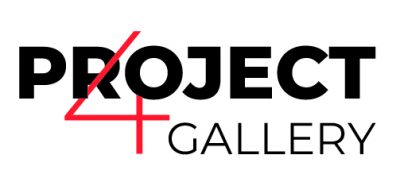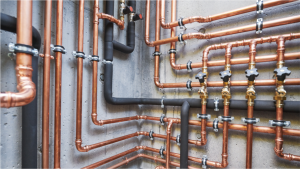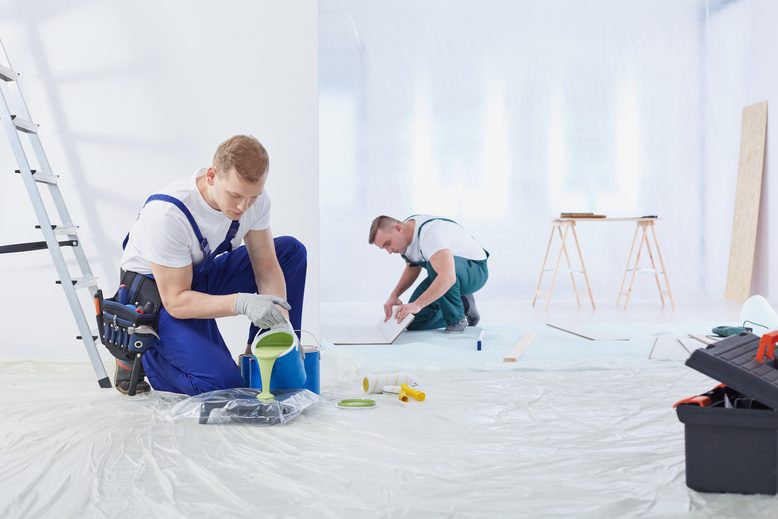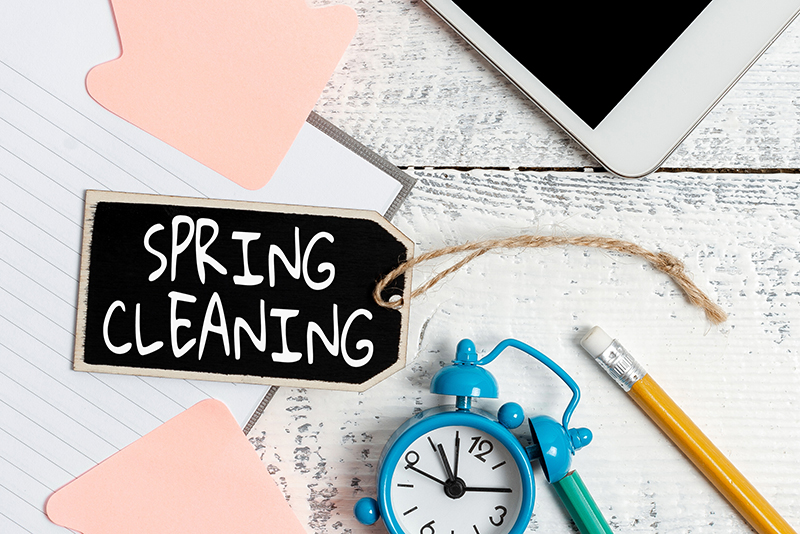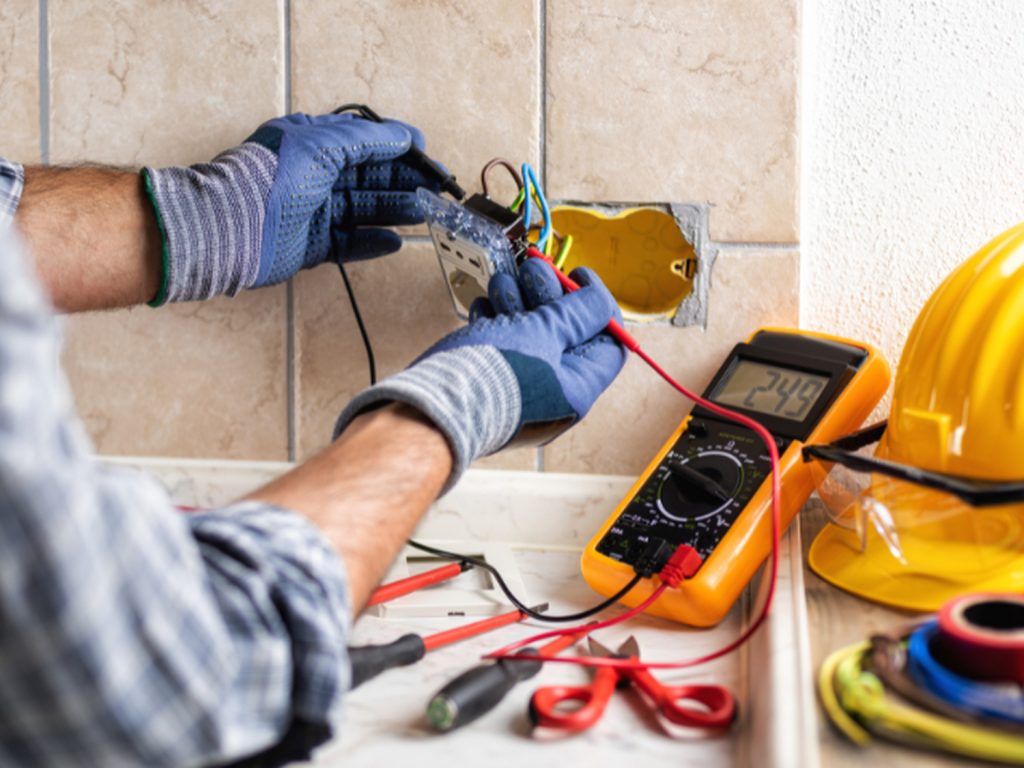It is often overlooked how important it is to have a home inspection. This is an important part of the home-buying process. It is possible to find a friend or relative who has done home repairs or can help you. You might even find them contractors, which is a great person for helping you search for apartments and townhouses. But, what if you don’t want to make costly mistakes before signing a check or taking out a mortgage? Before closing the deal, it is a good idea to hire a professional home inspector.
Why not have a home inspection?
Before you sign the contract to sell your home, every home should undergo a home inspection in nyc. Even though a home is brand new, it’s possible that there are flaws or things that the developer needs to fix. A professional should inspect all co-ops, condos, townhouses and townhouses. The first is that the apartment owner owns the airspace inside the walls. Therefore, you are responsible to maintain and repair the residence.
A small building or cash reserve may not be sufficient to finance a large project. This will result in higher monthly fees. A leaky roof or other problem could lead to significant damage.
A majority of homebuyers request a home inspection prior to signing a contract. A licensed home inspector inspects the bones and guts of a property. They will determine if the house has any operational or structural flaws.
What is the cost of a home inspection?
The home inspector is usually paid for by the buyer. The average New York City apartment should cost $500-$750. However, it will vary depending upon the property’s size. If they find something important, the inspector should be covered by errors and omissions insurance. A majority of buyers trust a real agent to recommend one. This can prove to be a problem. The listing agent should close the deal as quickly as possible. Although most agents are truthful, there is a conflict of interest. They don’t want an inspector finding costly problems that could kill the deal. You can also work with a buyer’s representative and be assured that they are fulfilling their fiduciary duty to you.
How do I find a NYC home inspector?
You can also ask a friend for a referral or contact one of the following agencies: the American Society of Home Inspectors, (ASHI) and the National Association of Home Inspectors.
When interviewing inspectors, some questions include their experience in home inspections, qualifications/licenses, and prior experience. It is a good idea to request a sample report when hiring an inspector. This will allow you to see what the inspector can do and how they differ from each other.
Review Yelp, Google and Angie’s List.
Online reviews can be a great way to determine if an inspector is honest, so-so or just lazy. You should look for inspectors with many reviews and positive ones.
Choose an inspector who is willing to show you around.
If an inspector doesn’t want you to be around during inspections, this should raise red flags. This doesn’t necessarily mean he is a quiet type of guy. It means that he doesn’t want anyone to see him do half-assed jobs.
Request a sample report.
Compare inspection reports to see who is more thorough. While they will most likely give you the best example, it is not always true. Sometimes inspectors believe that the average person doesn’t know what they should include. Do your research and learn before you go.
Learn what will not be included in the report.
It is just as important to include what isn’t in a home inspection report.
Find out if the person is licensed, a member of NAHI, ASHI or any other professional organizations.
Although professionalism and thoroughness are not guaranteed, it is important to look at those without these credentials with critical eyes.
What can I expect from a home inspector?
Depending on the size of your home, an inspection can take anywhere from one to two hours. Inspections are designed to find problems that might not be obvious to the untrained eye. Most inspectors inspect a building’s foundation and electrical system, plumbing, roof, drainage, and other issues. Water is a particular concern. It may be the staff of death, but it is often cancer that causes severe damage. For buildings
They should also be looking for water leaks during this time. Water leaks include the roof, terraces, windows, and roofs in top-floor apartments. The home inspector should inspect a private house and look at the attic, fireplaces, and foundation.
Electrical system, HVAC, and general interior/exterior services are often covered. The electrical panel covers must be removed and inspected; windows should also be opened and closed; wall, ceiling, and floor surfaces should all be checked for any defects; and water pressure and drainage should also been checked. The inspector might also inspect the appliances. Additional services include testing for lead, termites and asbestos.
The Home Inspector will walk you through the property
While the work is being done, it’s a good idea to be there with the home inspector. During the work, you can ask questions. It is different to see the problem than reading about it. The inspector should not offer to repair the problem. It is a conflict of interest to offer both services. This should be flagged as a red flag.
Beware of the inept inspector.
Many home inspectors today are just like Inspector Cousteau. They are clueless, inept and terrible at what they do. These inspectors are not like Cousteau who inadvertently solves every case. They can also be very costly for home-buyers.
Although it may seem unbelievable, 18 states don’t require you to have a license in order to be a home inspector. Many state requirements for education and training are not very clear.
This problem is illustrated in a study. Consumer’s Checkbook is an independent advocacy group that rates local services. They undercover investigated home inspectors. Twelve inspectors were given the task of inspecting a three-bedroom home that had 28 problems. They found shocking results.
The study found that none of the inspectors did very well. Only 50% of the problems were found. All home inspectors were licensed.
Home Inspection Report
The home inspector will send you a detailed report after completing the service. Many things can occur at this point. If you have received the inspection report, go through it and look for any items that may need to be repaired or replaced. Don’t worry about the small things. Add up the cost. Ask for estimates from top-end service providers. It is possible to make unanticipated discoveries that can end up costing you money.
Conclusion
A home inspection is worth every penny. It is likely to be your most expensive purchase. It is wise to identify problems early.
